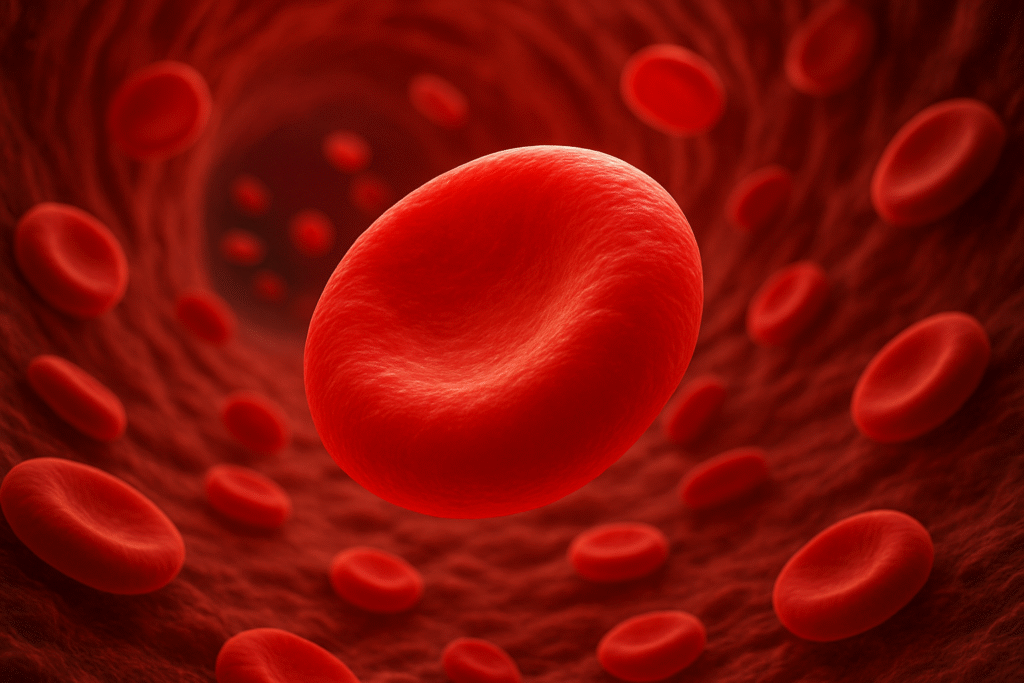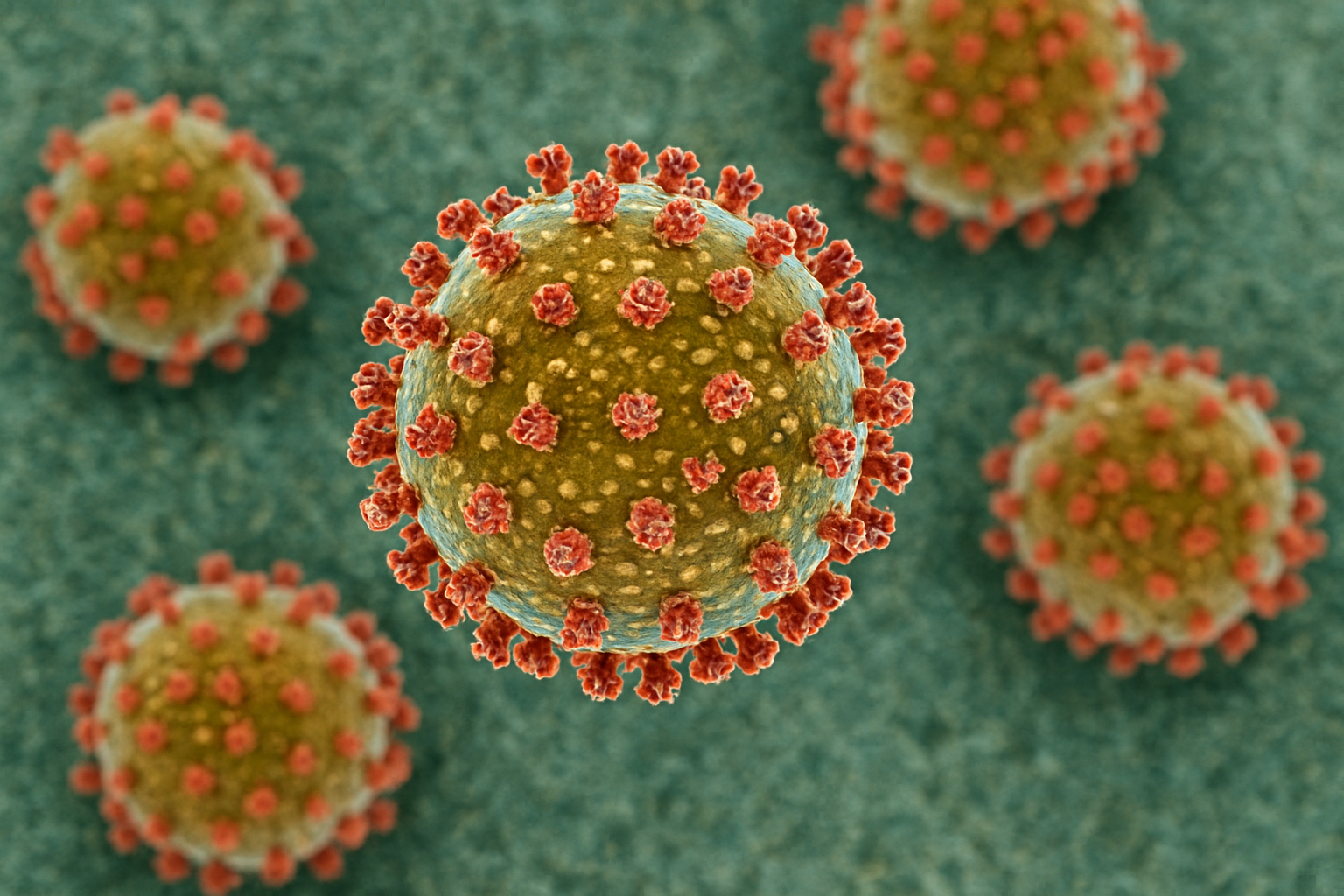HIV (Human Immunodeficiency Virus) is a virus that attacks the immune system, specifically the CD4 cells (T cells), which help the body fight infections. If untreated, HIV can weaken the immune system over time and progress to AIDS (Acquired Immunodeficiency Syndrome), the most advanced stage of HIV infection.
Unlike some viruses, HIV stays in the body for life, but with modern treatment, people with HIV can live long and healthy lives.
Symptoms of HIV
HIV symptoms vary depending on the stage:
Acute HIV infection (2-4 weeks after exposure):
- Fever, chills, rash
- Sore throat, swollen lymph nodes
- Muscle aches, fatigue
- Mouth ulcers
Chronic HIV infection:
- Symptoms may lessen, but the virus continues to damage the immune system.
AIDS (advanced stage):
- Rapid weight loss
- Frequent fevers or night sweats
- Extreme tiredness
- Prolonged swelling of lymph nodes
- Opportunistic infections (e.g., tuberculosis, pneumonia)
Causes and Transmission
HIV spreads when infected blood, semen, vaginal fluids, or breast milk enter another person’s body. Main transmission routes include:
- Unprotected sexual contact
- Sharing needles or syringes
- Blood transfusions (rare today due to screening)
- From mother to child during childbirth or breastfeeding
HIV cannot spread through casual contact like hugging, shaking hands, or sharing food.

Diagnosis and Testing
HIV can be diagnosed with:
- Antibody tests: Detect antibodies produced by the body in response to HIV.
- Antigen/antibody tests: Identify both HIV antibodies and parts of the virus itself.
- Nucleic acid tests (NATs): Detect the virus directly, used in special cases.
Early testing is important because many people live with HIV without knowing it.
Treatment and Management
There is no cure for HIV yet, but it can be controlled with antiretroviral therapy (ART). Benefits of ART include:
- Lowering the viral load to undetectable levels.
- Protecting the immune system.
- Preventing transmission to sexual partners.
- Allowing people to live near-normal life spans.
Prevention of HIV
Ways to reduce the risk of HIV infection include:
- Using condoms during sex
- Taking PrEP (Pre-Exposure Prophylaxis) if at high risk
- Ensuring blood is screened before transfusion
- Avoiding sharing needles or syringes
- Pregnant women with HIV taking ART to protect their babies
Frequently Asked Questions (FAQ) About HIV/AIDS
- What is the difference between HIV and AIDS? HIV is the virus that attacks the immune system. AIDS is the advanced stage of HIV when the immune system is severely weakened.
- Can HIV be cured? Currently, there is no cure. However, effective treatment (ART) can control the virus and allow people with HIV to live healthy lives.
- How long can you live with HIV? With proper treatment, people with HIV can live nearly as long as those without HIV. Early diagnosis and consistent medication are key.
- Is HIV still a death sentence? No. Thanks to modern medicine, HIV is now a manageable chronic condition rather than a fatal disease.
- Can HIV be prevented? Yes. Safe sex practices, PrEP, and avoiding needle sharing greatly reduce the risk. Pregnant women with HIV can also take medication to prevent transmission to their babies.
HIV/AIDS is a serious but manageable condition. Early testing, proper treatment, and preventive measures can save lives and reduce stigma. Understanding the facts helps people stay informed and protected.
Disclaimer: This article is for informational purposes only. It is not a substitute for professional medical advice, diagnosis, or treatment. Always consult a qualified healthcare provider with any health concerns.
Source:
You may also interested in Influenza/flu-symptoms causes and prevention


[…] You may also interested in Hiv/Aids-symptoms causes and treatment […]